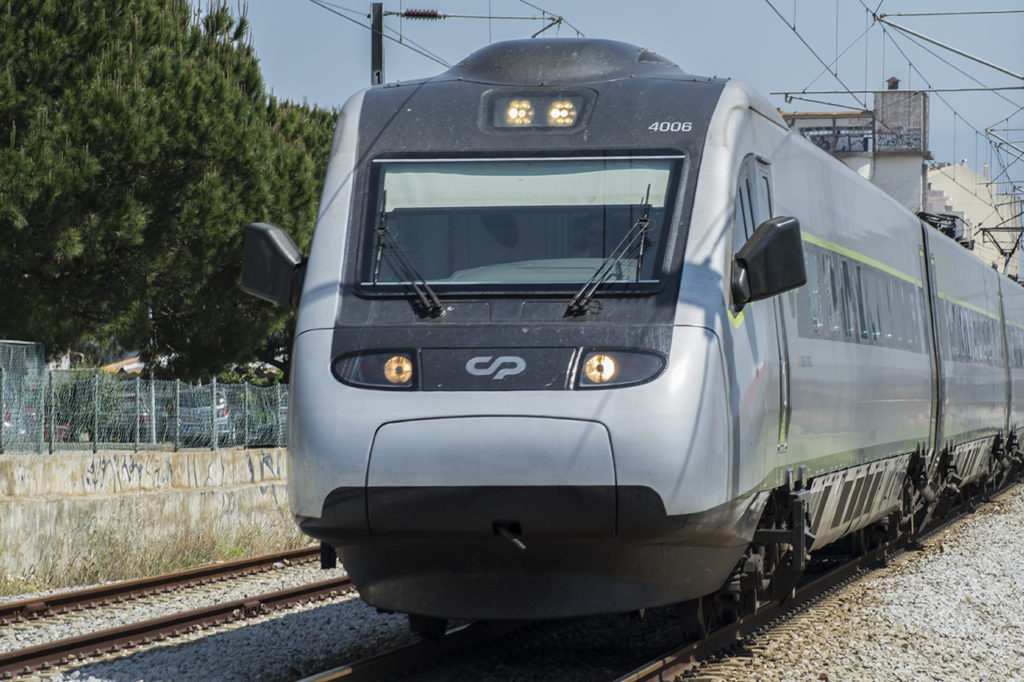CP – Comboios de Portugal announced that it will reinforce the Alfa Pendular offer with two more trains between Porto, Lisbon and Faro, every Saturday until 3 October, due to the increased demand for the Algarve.
«Following the increase in passengers that has been registered to the Algarve, CP – Comboios de Portugal decided to reinforce the Alfa Pendular offer, on Saturdays 5, 12, 19 and 26 September and 3 October, between Porto , Lisbon and Faro», informed the CP, in a statement.
Thus, the company decided to add two Alfa Pendular trains between Porto and Faro on Saturdays, one in each direction.
In fact, despite being presented by the company as reinforcement, this connection is nothing more than the replacement of part of the trains that were once daily and were suppressed, now appearing only on Saturdays.
CP also recalls that it will continue to limit the number of seats available by train, given the Covid-19 pandemic.
CP – Comboios de Portugal reinforced the supply of Alfa Pendular and Intercidades trains as of 31 May, to 75% of that which existed before the covid-19 pandemic period.
On July 22, Infrastructure and Housing Minister Pedro Nuno Santos said that the State will have to compensate CP for the losses suffered due to Covid-19, values that the company estimates in the order of 150 million euros.
Measures to combat the pandemic have paralyzed entire sectors of the world economy and led the International Monetary Fund (IMF) to make unprecedented predictions in its nearly 75 years: the world economy may fall 4,9% in 2020, dragged by a contraction of 8 % in the United States, 10,2% in the euro area and 5,8% in Japan.
The effects of the pandemic were already reflected in the Portuguese economy in the second quarter, with the Gross Domestic Product (GDP) falling 16,3% compared to the same period in 2019, according to data from the National Statistics Institute (INE).



















Comments